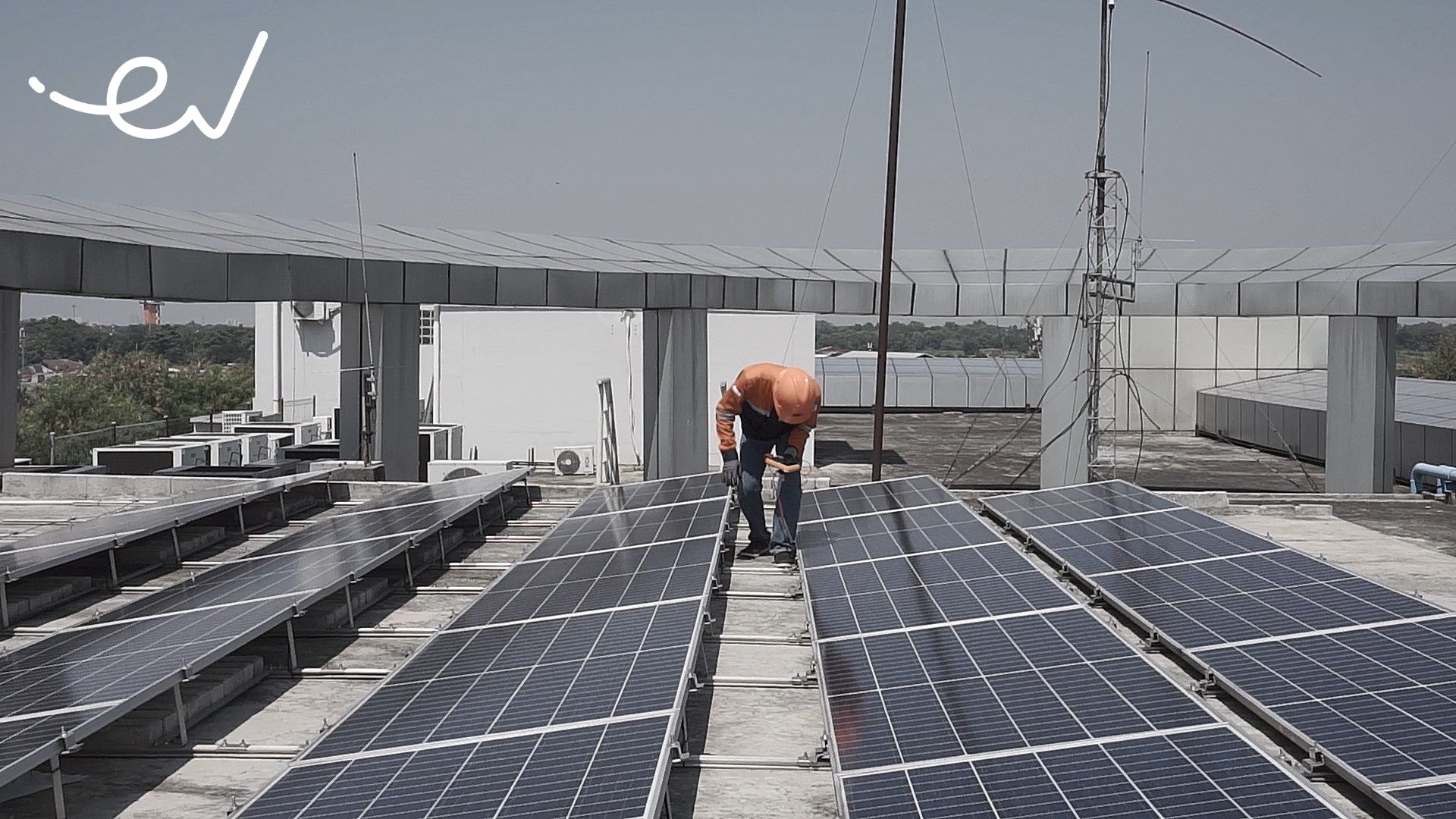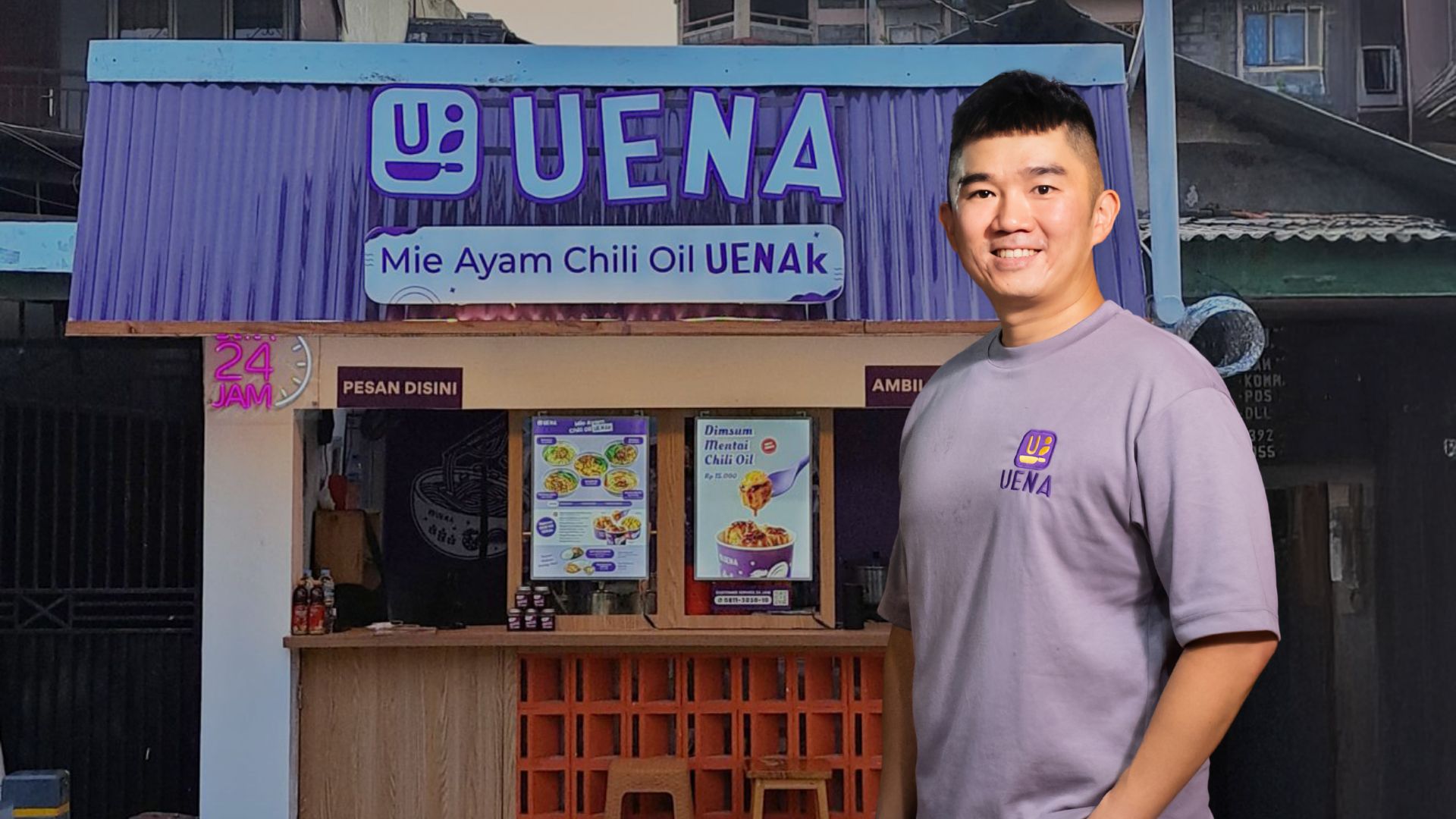Accelerating renewable energy is urgent for Southeast Asia countries as energy demands continue to increase. Most countries’ leaders have committed to achieve net-zero by 2050 to keep the global temperature increase below 2°C.
However, as the world’s fourth-largest energy consumer, Southeast Asia’s energy generation still mostly comes from fossil fuels, and the energy demand is expected to increase yearly. According to the International Energy Agency (IEA) report in 2022, the region’s energy demand has increased on average by around 3% a year over the past two decades, and will continue until 2030.
As Southeast Asia continues to increase its use of green energy, with renewables accounting for 14% of the region’s energy resources in 2020, there is a growing awareness, urgency, and demand for sustainable energy generation. The region aims to reach 23% renewable energy in the energy mix by 2025, which presents a huge potential market for startups and innovators to provide renewable energy solutions and meet the rising demand.
How can entrepreneurs and startups play a part in this sector? Xurya is a startup that enables businesses to reduce their carbon footprint through solar panel installation, and their story serves as a great example for renewable energy startups looking to answer the question.
The beginning of Xurya
Xurya was co-founded by Eka Himawan, Philip Effendy, and Edwin Widjonarko in 2018. Eka and Edwin had been close friends since middle school, and both had an engineering background.
After Edwin left school, he pursued a PhD program while Eka worked in the hedge fund industry. During that time, Eka became interested in investing in renewable energy, particularly in the solar sector.
Despite the increasing investment in this field, solar power was still quite expensive in 2007. However, both Eka and Edwin continued to work in the energy sector in different ways. Edwin focused on research in solar power, while Eka gained experience funding power plants through his work at Barclays. After building Bilna and working in the world of startups and nutrition, they eventually returned to their shared passion for renewable energy.
By 2016, they felt that the cost of solar power had decreased enough to create Xurya. That was when both of them met Philip who was at the time in East Ventures, and he also shared the same passion for solar.
Xurya’s unique approach to carbon reduction
Xurya focuses on helping companies to reduce their emissions by deploying solar panels on the rooftops of commercial and industrial (C&I) buildings, such as factories, cold storages, hotels, and shopping centers, which typically consume more electricity than residential homes and have a larger carbon footprint.
Yet, Xurya recognized that its clients’ primary obstacles in transitioning to renewable energy are cost and distrust. By assuming responsibility for the secure installation and upkeep of panels, Xurya empowers clients to adopt renewable energy without incurring any initial expenses.
Investing in solar panels on their own can be expensive, and it takes 7-8 years to recover the capital, which makes it less attractive for many customers. Xurya offers a 20-year contract that replaces the 7-year investment, allowing customers to save money over the long term.
Customers can expect to save on their electricity usage, meaning if the electricity bill was originally US$ 100, it might decrease to US$ 70, with Xurya charging US$ 20 for their service and US$ 10 to spare.
Eka notes that 80% of Xurya’s customers are currently motivated by the cost-savings factor rather than reducing emissions. This is also the case for Indonesian businesses in general. Offering incentives would make it more financially feasible for companies to invest in renewable energy.
Community and government awareness are interlinked, and currently, both are low. The government has yet to intensify the campaign on renewable energy and climate change, so Xurya aims to break the business cycle by starting with multinational companies likely to be more aware of renewable energy.
Solar energy is transforming the global energy landscape
Over the past decade, technology has improved, and costs for renewable energy have decreased massively. Solar, in particular, has been named ‘cheapest electricity in history’ by the IEA, averaging 40% less than coal or gas.
From 1970 to 2017, the total solar panels installed worldwide only reached 200 GW cumulatively, but in the following five years, the world easily surpassed this amount and added another 300 GW. On top of this, the world has installed 268 GW of solar capacity in 2022.
Indonesia has yet to keep up with this trend, with only 200 MW of PLTS installed. So Indonesia still has much to catch up on, and Xurya will help close this gap.
Keys to success in the renewable energy industry
Xurya’s founders provided several keys for innovators who wish to enter the renewable energy industry, as follows:
Focus on creating a product that is both environmentally sustainable and economically viable. Think about the economics for the customer. We can’t sell purely based on “doing good.” Scaling up sustainable solutions requires investment and resources.
Building a team that is passionate about the cause and committed to the mission is also essential because it will help ensure that the team is motivated and help build credibility with customers looking for authentic advocates for sustainability.
Finally, it is important to build resilience and be persistent. “Work hard every day, but think long-term. With any solution, the results cannot come the next day. You work hard all-year long, for the next 5-10 years, and the change you wished for in the beginning will definitely come,” said Phillip.
“Starting out, you might only close three deals out of 100. This is the nature of the renewable energy industry, even though your success rate will continue to increase,” added Eka.
To conclude, an innovator’s path in renewable energy can be challenging, but with a clear focus on both environmental impact and economic viability, a passionate team, and commitment to the mission, it is possible to build a thriving business that makes a positive impact on the planet.
The Climate Impact Innovations Challenge by East Ventures and Temasek Foundation presents a unique opportunity for aspiring entrepreneurs to realize their innovative ideas to help tackle four main issues: Renewable energy, Food & Agriculture, Mobility, and Ocean.
Learn more about the Climate Impact Innovations Challenge and submit your innovations here.







